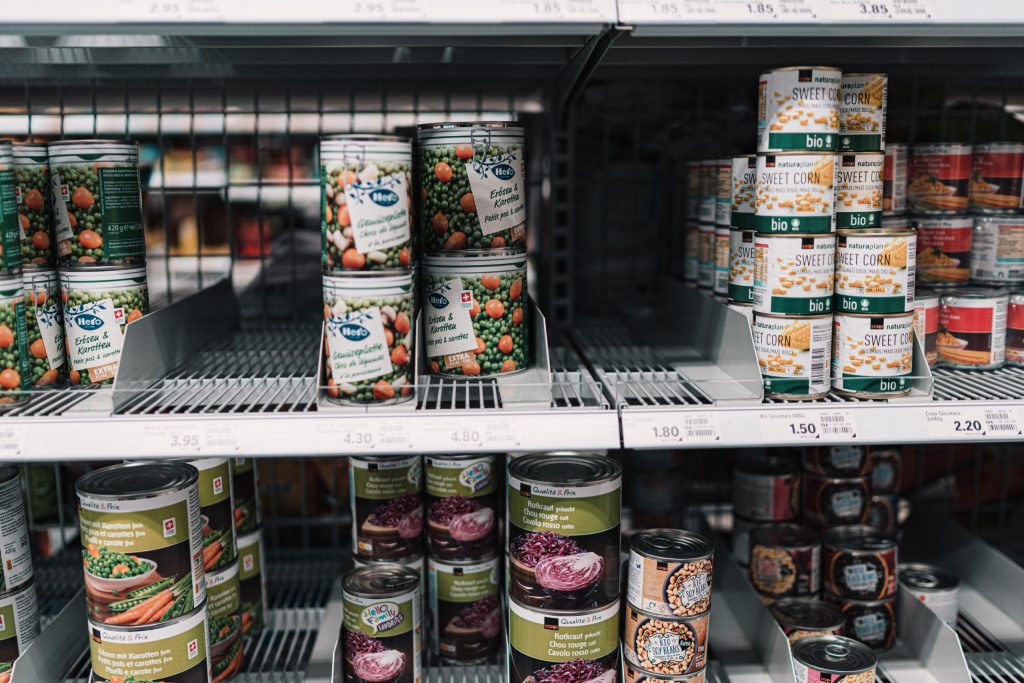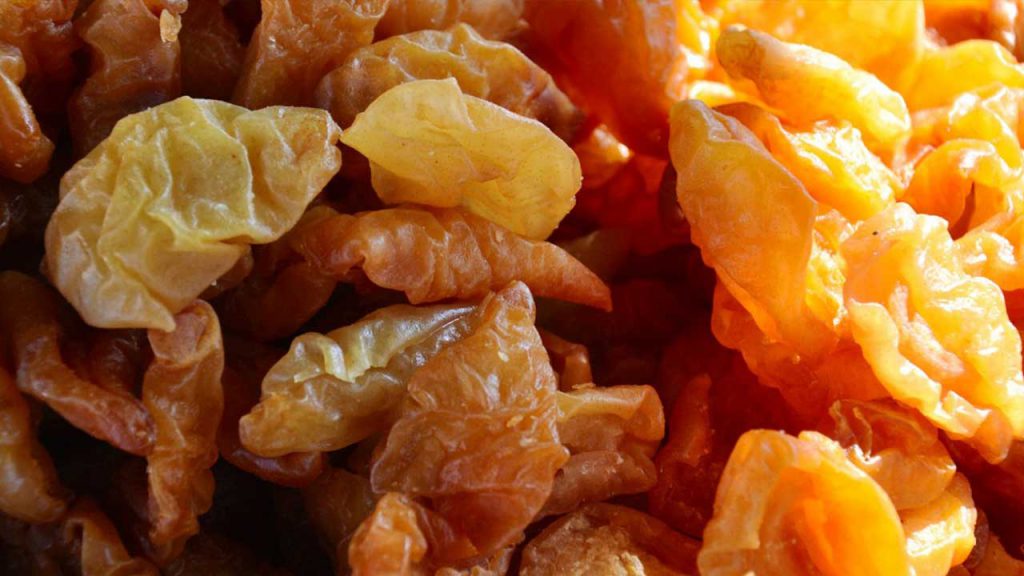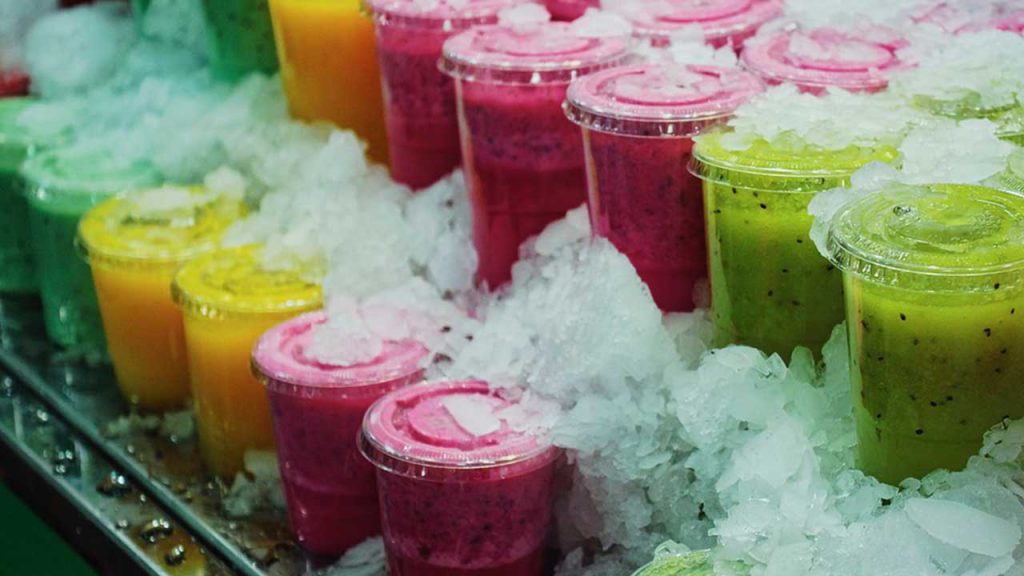
Introduction An oil is “essential” in the sense that it carries a distinctive scent, or essence, of the plant. Essential oils do not, as a group, need to have any specific chemical properties in common, beyond conveying characteristic aromas. They are extracted from flowers, grasses, stems, seeds, leaves, roots, bark, fruit, moss and tree secretions […]

Introduction The leather industry has been around for thousands of years – ever since humankind began hunting animals. Hides and skins are a by-product of the meat industry, so supply does not react to demand for leather, but for meat. Leather is used in the automotive, footwear, furniture, clothing, leather goods and exotic leathers (e.g. […]

Introduction Canning and preserving fruit and vegetables holds numerous advantages for human beings and food security. Food is placed in the airtight container and cooked during the canning process, which safeguards the food from decay. No preservatives are needed. The transport and storage of food is easier. Food can be stored for long periods of […]

Introduction Dried fruit is fruit that has been dried, either naturally or through use of a machine, such as a food dehydrator. Raisins, prunes and dates are examples of popular dried fruits. Other fruits such as apples, apricots, bananas, cranberries, figs, kiwi, mangoes, nectarines, papaya, peaches, pears, persimmons, pineapples, strawberries and tomatoes may also be […]

Introduction Find information on the production process and FAQs at www.safja.co.za, website of the South African Fruit Juice Association. Fruit and vegetable juice are drinks produced by squeezing or crushing fruit and vegetables. The market can be categorised as fruits, vegetable, and mixed. Fruits are divided into mango, apple, guava, pomegranate, grape, orange, lemon, pineapple, and others. […]





